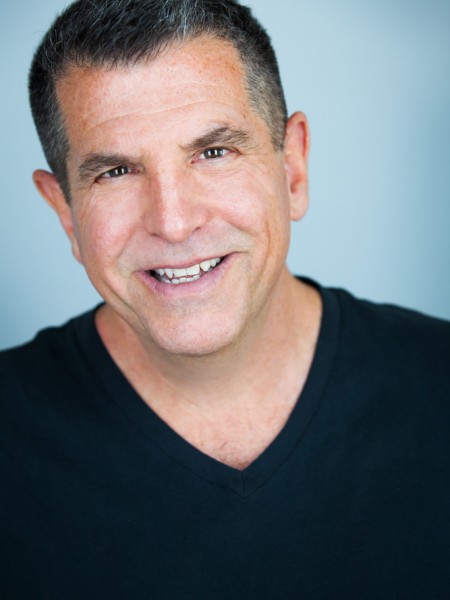
Dan Shaner
Breaking into the acting profession can be tough. Almost every newly-minted acting graduate faces two immediate hurdles: finding representation and navigating auditions.
Seeking to aid its graduates’ transition to professional work, the USC School of Dramatic Arts promoted longtime casting director Dan Shaner to full-time assistant professor this fall. This allows him to devote even more time as director of the SDA Career Center, a groundbreaking effort to give young actors a boost.
“It’s hard to get that first manager,” Shaner observes. So, for graduates who don’t have an agent or manager, the Career Center acts as a manager for a year after they leave USC. “We submit actors on projects, and send them on mainstream, really good auditions,” says Shaner. The school also provides a self-taping facility, where graduates can go to film themselves for projects.
“And we offer a coaching service where they can coach with a faculty member before they do an audition,” he adds.
The Career Center provides a useful stopgap between school and the real world, but it doesn’t take commissions and it doesn’t negotiate.
“If it’s something complicated, I can refer them to an agent who will assist them,” says Shaner.
Shaner, who has three decades of work as a casting director in film, television and new media, teaches a course in audition technique and another in professional preparation for actors – a “business of the business” class. He also directs two programs for MFA actors: a weekly salon where professionals from various aspects of the entertainment industry speak to students, and a weekly workshop where students practice auditioning in front of working casting directors.
As the school’s industry liaison, he also brings in professionals from different veins of entertainment for talks throughout the year.
A native Angeleno who went to college in Michigan, Shaner returned to Los Angeles immediately after graduation and started as an assistant to a casting director, a job for which he wasn’t paid. He then worked for a second casting director, became a talent agent’s assistant and then was promoted to an agent representing actors, writers and directors, a job he did for two years before returned to casting, specializing in film and television. He has cast 75 movies for television, many series and films for major studios.
Shaner says the biggest misconception about casting directors is that they have the power to hire people.
“That’s not what we do,” he stresses. “We provide choices to the director or showrunner based on our own unique set of abilities. The final decisions are made by the executives, the networks, the studios, the directors or whoever’s in charge of a particular project.”
A good casting director needs to have a mental encyclopedia of actors’ names and faces, he says. Casting directors also need to develop taste, the ability to recognize good acting, and empathy toward actors.
“It’s really a partnership in a way that actors often don’t understand,” he says. “As a casting director, I want you to get the job more than you do because I need to get my job done and the roles filled. It’s my reputation on the line telling a showrunner or director that I believe in this person. So if I bring you in for an audition, the last thing I want you to do is fail.”
With the explosion of independent productions and multiple streaming services, Shaner sees plenty of opportunity for actors today.
“The days of waiting by the phone for an agent to call you or somebody to offer you a job or an audition don’t exist anymore. There’s no reason for actors not to be working constantly, even if it’s on their own content that they’re creating. Everything is accessible now.”
But that doesn’t mean actors can forget that entertainment is a business, Shaner cautions.
“Actors and creatives in general tend to be more focused on the creative aspect of things and they sometimes forget about finances and insurance and agents and SAG rules and regulations,” he says. “They are basically the CEO of their own corporation, and they need to know how every aspect of their company runs and works.”
With this in mind, Shaner says that there have been “a nice smattering” of jobs in film, stage and television secured through the center.
“People have been booking jobs and gaining opportunities, landing with agents and managers, meeting people and networking and having access to some people they didn’t have before,” he says. “I never felt I had much of a mentor when I was starting out in the industry, and I wanted to be able to provide that. If I can save somebody a couple steps or mistakes, I’m really trying to do that.”